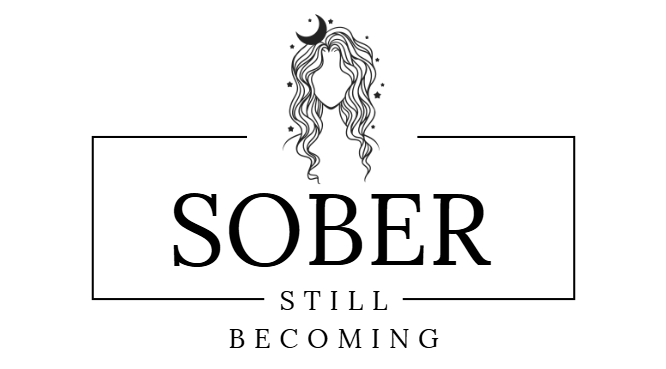Boundaries as Self-Respect: Protecting Your Peace in Recovery
By: Tasha Truchel
My Perspective on Boundaries
Protecting my peace means prioritizing myself — mentally, emotionally, and spiritually.
I didn’t even realize that boundaries were such a widely discussed topic in sobriety until I went to treatment. When I first heard we’d be having a session on boundaries, I remember thinking, “Why are we having an entire discussion on this, and what makes it so important?” I didn’t yet understand that boundaries affirm respect for yourself and preserve your well-being.
For me, understanding the importance of boundaries wasn’t a single defining moment — it was an accumulation of experiences. There were countless times when I didn’t recognize that I needed to set a boundary or walk away from a certain person, place, or situation.
For a long time, “no” never felt like a complete sentence. I’d overexplain why I couldn’t or didn’t want to do something — often out of fear of being misunderstood, judged, or seen as unkind. Over time, I learned that overexplaining is often rooted in trauma responses, people-pleasing, anxiety, and low self-esteem.
It’s important to walk away from things that don’t serve you or add value to your life. Sometimes we can’t see that truth until we’re removed from the situation — until the rose-colored glasses fade and we gain clarity. Setting boundaries doesn’t make you rude. It’s an act of self-love and self-respect.
1. Redefining Boundaries
A boundary, for me, is like drawing a line in the sand — it marks where something ends. It’s about recognizing what we’re willing to accept and setting limits that protect our emotional and spiritual health. Boundaries help us maintain healthy relationships not just with others, but with ourselves.
A common misconception about boundaries is that they’re selfish, controlling, or a sign you’re unreliable. In truth, they’re the opposite — they’re about creating safety and clarity in relationships.
Healthy boundaries are flexible guidelines that protect your well-being while still allowing for connection. Walls, on the other hand, are rigid and defensive — they shut people out. Boundaries say, “I value this relationship, but I also value myself.”
2. Why It’s Hard to Set Boundaries
For many people in recovery, boundaries are uncomfortable because we’re used to being codependent or people-pleasing. We’ve often done things we didn’t want to do just to keep the peace or avoid conflict.
Addiction doesn’t allow room to prioritize yourself or your healthy needs — you’re in survival mode. So, when you begin setting boundaries, it can almost feel like rejection, both to you and to others.
But the truth is: boundaries don’t push people away; they protect your energy so you can show up as your best self. They give you permission to put your recovery and peace first.
3. Signs You Need Better Boundaries
Sometimes the body knows before the mind does. When I’m irritable, discontent, or feel constantly drained after being around someone, that’s usually a sign my peace is being disturbed.
There are certain people and situations that always seem to deplete my energy. I still love those people — I just love them from afar now.
When my energy is being pulled in the wrong direction, I don’t feel centered in myself. Of course, life isn’t always perfectly balanced, but being self-aware helps me adjust before things spiral.
4. How You Set Boundaries Now
I’ve learned that “no” can be said with grace. One of my favorite boundary phrases is:
“That doesn’t align with where I’m at right now.”
It’s simple, respectful, and doesn’t invite debate.
Communicating boundaries without guilt or defensiveness takes practice. What’s helped me most is remembering that other people’s feelings are not my responsibility. I can be kind and compassionate while still being firm.
A boundary I’m proud of holding lately is staying connected with people who are like-minded — people who bring peace, accountability, and positivity into my life.
Setting boundaries is not about pushing others away. It’s about standing firm with love and protecting the person you’re becoming in recovery.
5. The Peace That Follows
Setting boundaries has truly shaped my life for the better. My mental health is stronger, my relationships are more authentic, and I’ve learned to protect my energy.
I protect my peace daily through prayer, gratitude, and intentional routines. My mornings set the tone — I pray, write my gratitude list, and remind myself of what I will and will not allow to disrupt my peace.
If someone is afraid to set their first boundary, my advice is this:
It’s okay to put yourself first if it’s a means of protecting your recovery. The people who truly love and understand you will respect that.
Every time you set a boundary, you remind yourself:
“I am worthy of peace.”
Boundaries aren’t about keeping others out — they’re about keeping yourself safe, grounded, and whole. You’ve worked too hard to let anyone disturb your peace again.

